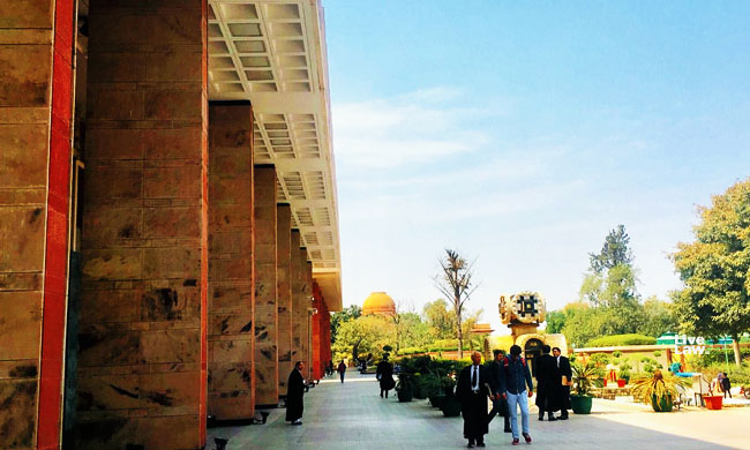Condition For Depositing Disputed Money Cannot Be Imposed On Accused While Granting Bail: Delhi High Court
Nupur Thapliyal
12 Oct 2022 5:51 PM IST

Next Story
12 Oct 2022 5:51 PM IST
Granting bail to an accused in a case of cheating, the Delhi High Court has said that a condition for depositing disputed money cannot be imposed on an accused while granting him bail.Noting that the conditions that can be imposed while granting bail are mentioned under section 437(3) of CrPC, Justice Purushaindra Kumar Kaurav said the provision nowhere suggests that a condition for deposit...
